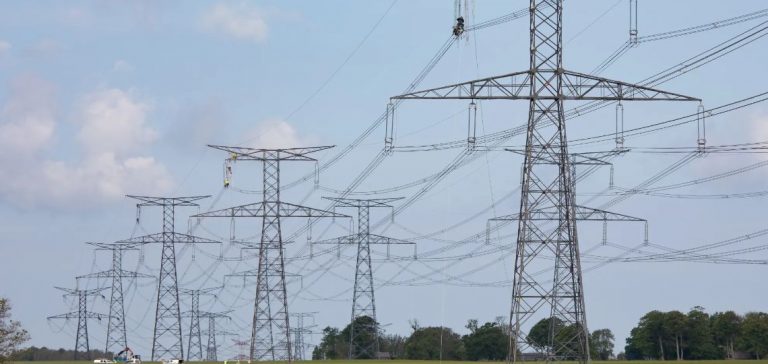The main trade unions in the French energy sector fear that the upcoming revision of the Public Electricity Grid Use Tariff (TURPE) will come at the expense of human resources, which are crucial for the energy transition. This reform, scheduled to take effect in 2025, will set the financing conditions for the transport and distribution network over a four-year period, with a direct impact on grid operators such as Enedis and RTE.
The Energy Regulatory Commission (CRE) is about to launch a public consultation to define the next TURPE, a tariff component that represents nearly a third of the final electricity bill paid by consumers. The unions CGT, CFE-CGC, CFDT, and FO fear that the desire to limit costs to protect purchasing power will result in a reduction of funds allocated to investments, recruitment, and infrastructure modernization.
Modernization challenges for Enedis and RTE
The two grid operators, Enedis and RTE, funded 90% by the TURPE, are facing major challenges, according to Julien Lambert, federal secretary of CGT-Energy. These challenges include connecting renewable energies, developing new nuclear reactors, and replacing outdated infrastructures. RTE plans to invest nearly 100 billion euros by 2040 to modernize the high-voltage network and adapt it to carbon neutrality targets.
The tariff revision comes at a time of budget constraints, as the government seeks to curb inflation while financing the energy transition. The unions believe these constraints could undermine infrastructure projects and put pressure on public service delivery.
Potential repercussions for EDF
This reform could also have repercussions for EDF. Alexandre Grillat, general secretary of CFE-Energy, points out that the state-owned group, already weakened by successive reforms, could be forced to bear additional fiscal burdens. The project for a contribution on inframarginal rents (Crim), introduced by former Economy Minister Bruno Le Maire, aims to tax production facilities exceeding 260 megawatts and remains unresolved on the desk of the new Finance Minister.
This fiscal uncertainty could push EDF to pass on these costs to its transport and distribution subsidiaries. The unions are concerned about the potential financial pressure on EDF to ensure its solvency, which could result in a reduction of resources allocated to network operators.
Implications for public service
The unions stress the importance of preserving human and technical resources to ensure a high-quality public service, especially in the face of the need to modernize the network. Any reduction in staffing could slow down the achievement of energy transition objectives and compromise supply security.
As the CRE begins consultations on the next TURPE, the government, network operators, and unions will have to find a compromise to secure financing for modernization without sacrificing the resources needed to carry out these critical projects.






















